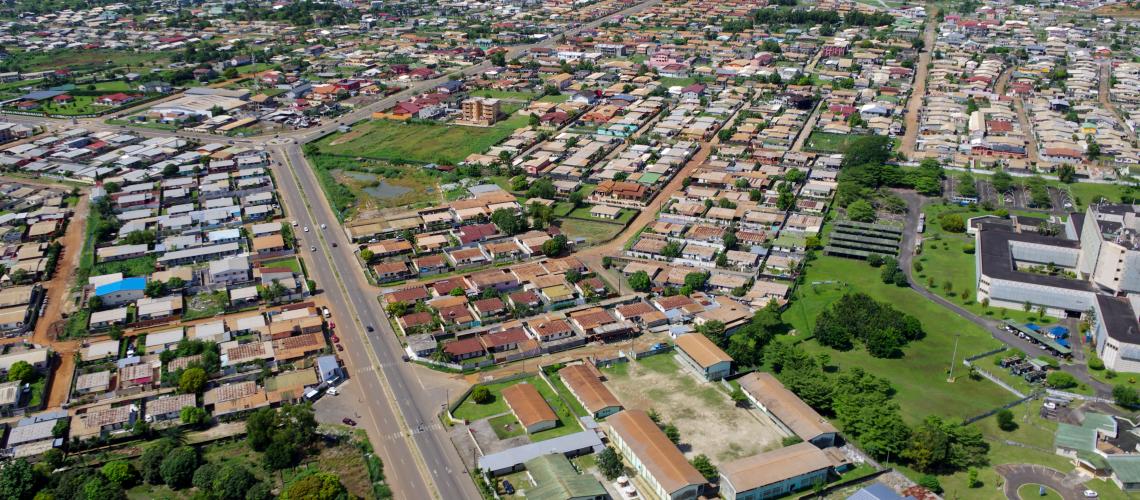
Over the past 20 years, disasters have affected billions of people, caused USD$ trillions of damage, and killed millions of people. Disasters have affected people living in developing countries and, in particular, the most vulnerable communities within these countries.
Particularly in the context of increased urbanization, the urban risk continues to rise. The vulnerability of cities to disasters is growing especially as poor people settle in high-risk urban areas. Unfortunately, the planning and development of cities have given little consideration to the consequences of hazards such as earthquakes, hydro-meteorological risks, and others. The implication of this reality is the need for countries to focus on creating a safer world for urban dwellers and developing a series of innovative approaches to build resilience.
On the basis of these needs, UNITAR in partnership with UNDRR has developed the e-learning course “Making Cities Resilient: Developing Local Disaster Risk Reduction and Resilience Strategies”.
This e-learning course aims to strengthen the capacities of government officials, especially those at the local level, and disaster management professionals to design and implement plans and programs that reduce disaster risk and enhance resilience.
Learning Objectives:
At the end of the course, participants will be able to:
- Raise awareness about the Making Cities Resilient 2030 (MCR2030) initiative services and tools
- Identify initiatives and best practices on how to integrate disaster risk reduction and climate change adoption into urban planning
- Assess the risk management situation in their cities by using a tool
- Develop a safe and resilient country/city action plan
- Analyze the purpose, the goals, and the outcome of the Sendai Framework for DRR


